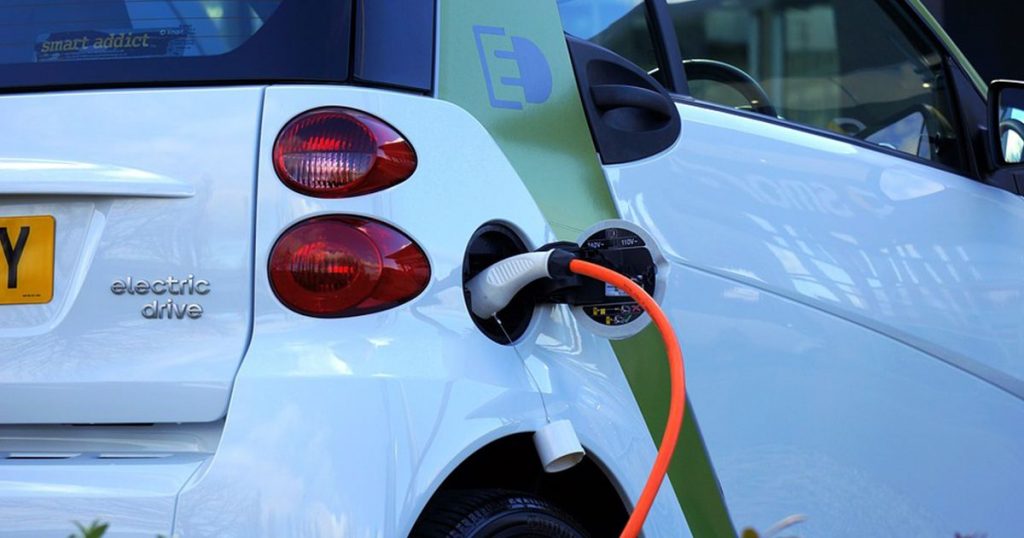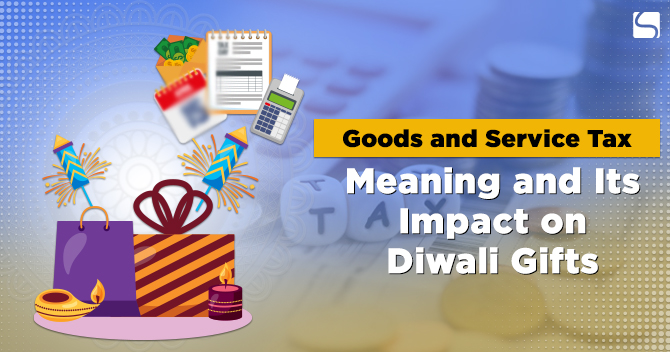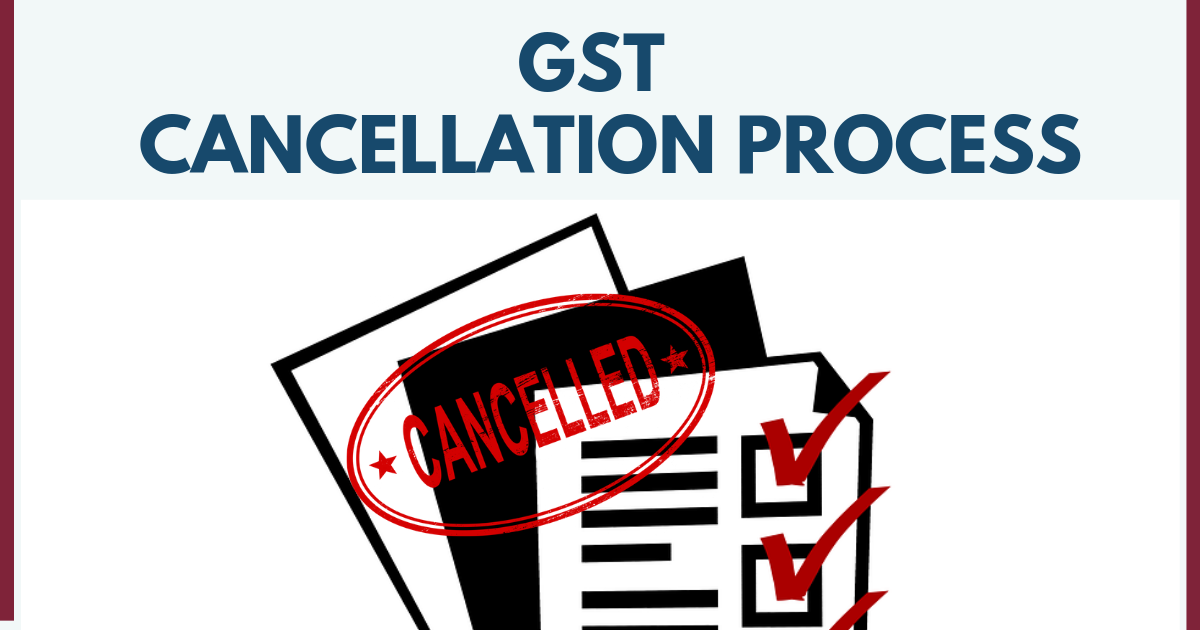GST Council reduces rate on Electric Vehicles slashed from 12% to 5%, effective from 1st August

Khushboo Priya | Updated: Jul 30, 2019 | Category: GST, News
In an endeavour to encourage the adoption of electric vehicles, the GST council on 27th July 2019, Saturday, decided to cut the tax rates on electric vehicles. The GST on Electric Vehicles has been slashed from 12% to 5% and will be effective from 1st August 2019.
The 36th GST Council took place through video conference under the chairmanship of Nirmala Sitharaman [1] , Union Finance & Corporate Affairs Minister.
Besides, Ajay Bhushan Pandey- the Revenue Secretary, Anurag Thakur- Union Minister of State for Finance & Corporate Affairs, and other senior officials of the Ministry of Finance also attended the meeting.
Table of Contents
Main Highlights of the 36th GST Council Meeting
To accelerate the adoption of eco-friendly electric vehicles, the government has taken a great move. There has been an immense cut on GST rates on electric vehicles. Apart from this, there were several other announcements in the meeting which we have described below.
The highlights of the 36th GST Council Meeting are as follows:
- GST rates on EVs (Electric Vehicles) will get reduced to 5% from 12% from 1st August 2019.
- The chargers of electric vehicles will be reduced from 18% to 5%.
- GST exemption for local authorities hiring electric buses.
- The GST Council has announced an extension for the filing of the GST form CMP-02 in the due date for the composition scheme under GST laws.
- Instead of the due date of 31st July, assesses can now use the form CMP-02 by 30th September and opt for the composition scheme under the GST law.
- Furthermore, the council has decided to extend the last due date for filing GST CMP-08 Form for furnishing the statement which contains the particulars of self-attested tax for the June quarter by one month to 31st August.
- The forms CMP-02 and CMP-08 fall under the GST Composition Scheme.
- In her Maiden Budget 2019, the Finance Minister proposed a deduction of Rs. 1.5 lakh in taxable income on the interest paid on loans taken to purchase electric vehicles.
- Under the composition scheme, manufacturers and traders will now have to pay only 1% GST on goods which otherwise entice a levy of higher taxes of either 5%, 12% or 18%. Moreover, such dealers won’t be able to charge GST from the purchaser.
Also, Read:GST On Travel Agents and Tour Operators
Possible Impacts of reduced GST on Electric Vehicles
As a result of reduced rates of GST on Electric Vehicles, people will now make an approach toward buying EVs.
The main motive of reducing the tax on EVs is to promote pollution control and make the environment eco-friendly.
With the use of electric vehicles, the country could be able to reduce the percentage of air pollution it generates every year. Not only this, but it could also push the country’s economy a little up, depending on where EVs are being manufactured.
The government has put all its efforts into making EVs quite affordable. However, there arise several questions in front of the government-
- How many electric vehicles are actually being manufactured in India?
- Is there any proper infrastructure for the same?
- Does the country have enough charging stations for electric vehicles?
- Will it really contribute to the nation’s growth?
- How many companies in the future are going to produce Electric Vehicles?
If the government has solutions to all of these, then it’s good to go with the change. Otherwise, nothing can be predicted as of now. The actual situation will be observed only after the tax rates are effective.
Tweets related to GST rate cut on Electric Vehicle
Basant Maheshwari, the Investor, and Author of ‘The Thoughtful Investor’ expressing his view on the rate cut on EVs, said that-
Lowering GST and other charges on Electric Vehicles won’t create demand for EVs.There is just no infrastructure. People won’t change preferences like that plus EVs aren’t cheap. However, it will surely lead to a fresh bout of short selling in the frontline auto names? That’s all.
— Basant Maheshwari (@BMTheEquityDesk) July 28, 2019
However, Sandip Sabharwal, an investor advisor wrote-
Reducing GST on EVs to 5%
Giving tax break on interest
Might look good but creates a significant market distortion
Incentives should be on production not buying.
This way it will be all “Import from China” once again a la Solar Power rather than #MakeInIndia @PMOIndia— sandip sabharwal (@sandipsabharwal) July 27, 2019
From the above tweets, it is quite apparent that most of the people are criticizing the decision of the government. And the debate will continue until the actual result comes. Till then, stay tuned with us, we will keep you updated.
Read,Also: 33rd GST council meeting updates.














